As the global auto industry shifts dramatically toward electric vehicles, Toyota has taken an ambitious parallel path to develop hydrogen-powered internal combustion engines. This path inherits traditional engineering foundations while opening up opportunities for carbon neutrality without sacrificing driving experience.
Toyota has been known for years as a pioneer in electrification, with hybrids like the Prius and the Mirai hydrogen fuel cell vehicle. However, instead of abandoning the internal combustion engine altogether, the Japanese automaker is looking to “revive” the technology with a cleaner fuel source: pure hydrogen.
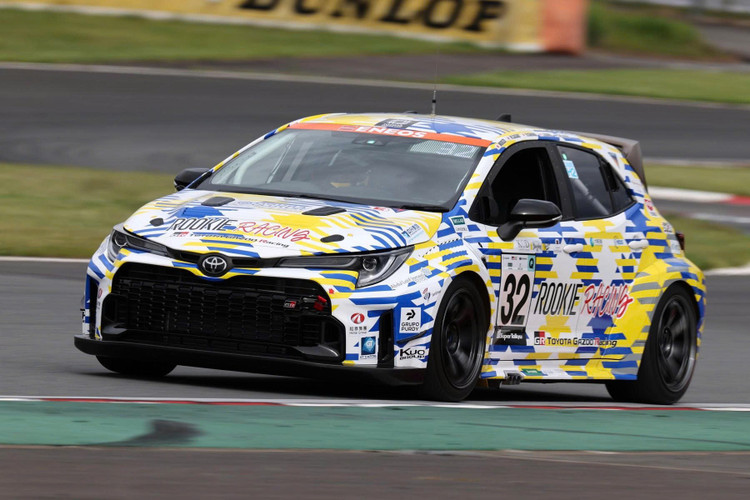
Unlike electric vehicles that use lithium-ion batteries or hydrogen fuel cells, the hydrogen engine that Toyota is pursuing burns hydrogen directly in the cylinder, similar to how a gasoline engine works. Prototypes such as the GR Corolla H2 and GR Yaris H2 have been tested in domestic Japanese racing since 2021, showing the practical potential of this technology.
According to Toyota, the use of internal combustion hydrogen offers several significant advantages: it makes use of the existing powertrain, maintains the sporty driving feel that many users still desire, and significantly reduces CO2 emissions into the environment. Under ideal conditions, the exhaust is almost just water vapor.
However, the technology also faces many challenges. Burning hydrogen at high temperatures still produces NOx (nitrogen oxide), an air pollutant. In addition, the safe storage and transportation of hydrogen requires high-pressure tanks and specialized refueling infrastructure, which are currently only feasible in some developed markets such as Japan or Europe.
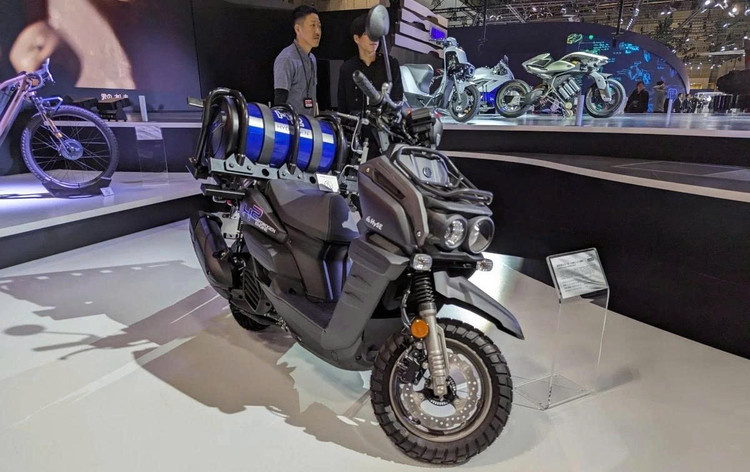
Meanwhile, experts say hydrogen engines are not intended to replace electric vehicles, but are part of a strategy to diversify carbon neutral solutions. Toyota Honorary Chairman Akio Toyoda has repeatedly stated: "We should not force just one solution for all. The future of the automobile industry should be a flexible combination of electric, hybrid, plug-in hybrid and hydrogen."
Toyota isn’t alone in this game, either. Yamaha, Kawasaki, and Subaru are all collaborating on hydrogen engines for motorcycles and high-performance cars. Japan sees hydrogen as a key part of its national clean energy policy, with major investments in manufacturing and infrastructure.
Although it is not yet possible to confirm the time of widespread commercialization, this direction shows that Toyota is steadfastly pursuing "carbon-neutral" technology without falling into the "electric car at all costs" rut. In the near future, hydrogen engines can become a suitable solution for segments that require high performance, high operating intensity, or markets where charging infrastructure is still limited.
Source: https://khoahocdoisong.vn/toyota-van-chon-dong-co-hydro-de-lat-nguoc-cuoc-choi-post1549373.html



![[Photo] The 9th Party Congress of the National Political Publishing House Truth](https://vphoto.vietnam.vn/thumb/1200x675/vietnam/resource/IMAGE/2025/6/24/ade0561f18954dd1a6a491bdadfa84f1)



![[Photo] Close-up of modernized Thu Thiem, connecting new life with District 1](https://vphoto.vietnam.vn/thumb/1200x675/vietnam/resource/IMAGE/2025/6/24/d360fb27c6924b0087bf4f288c24b2f2)
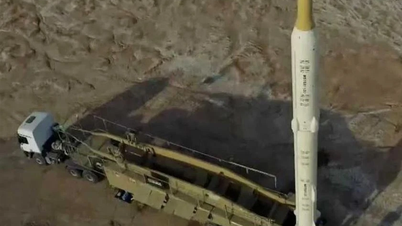


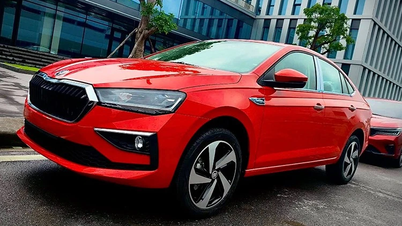









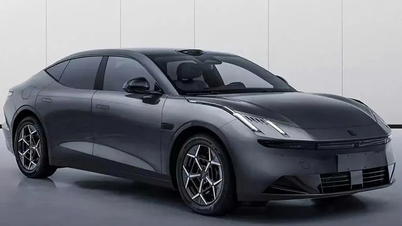
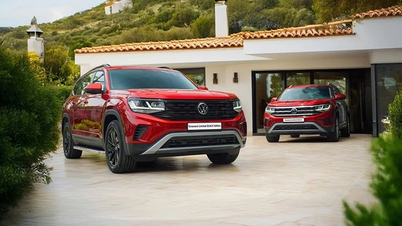

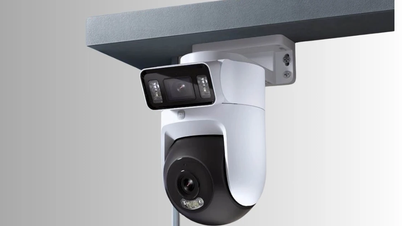























































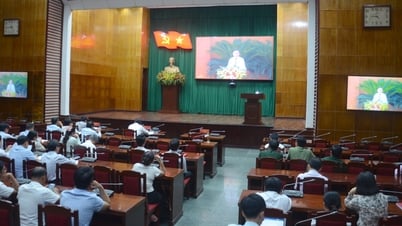
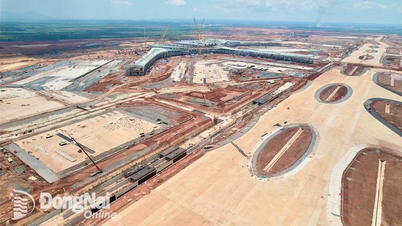

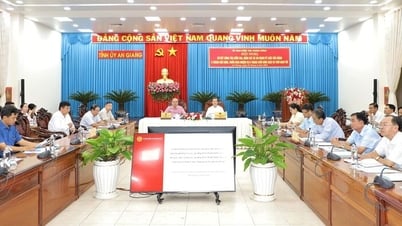













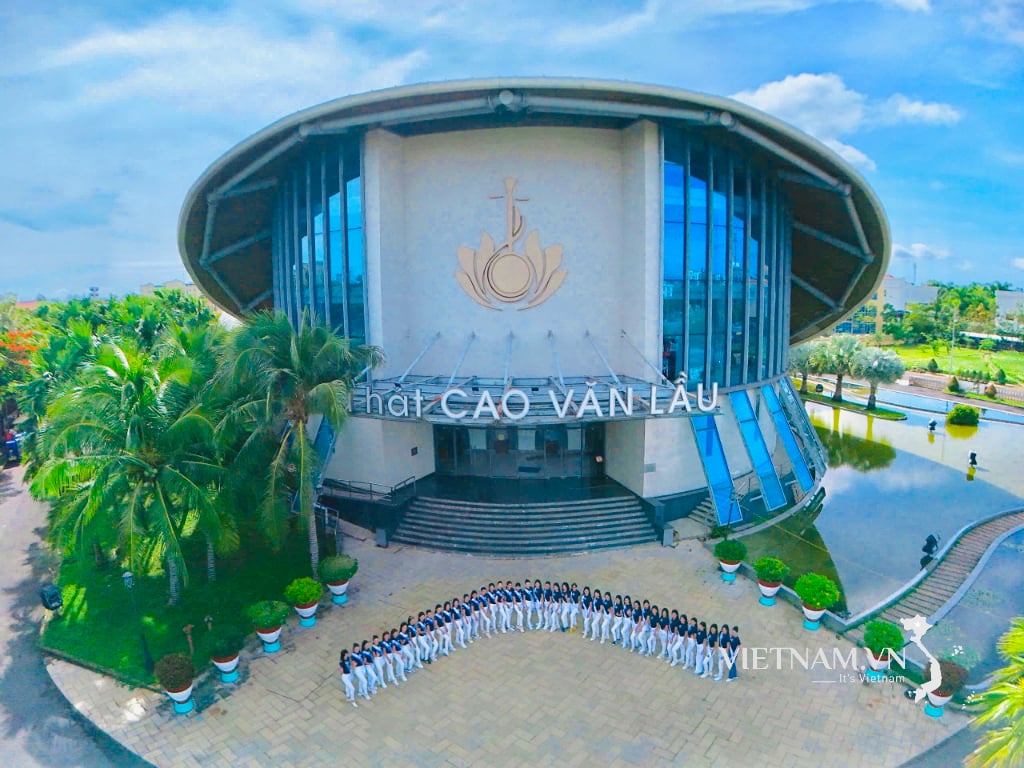
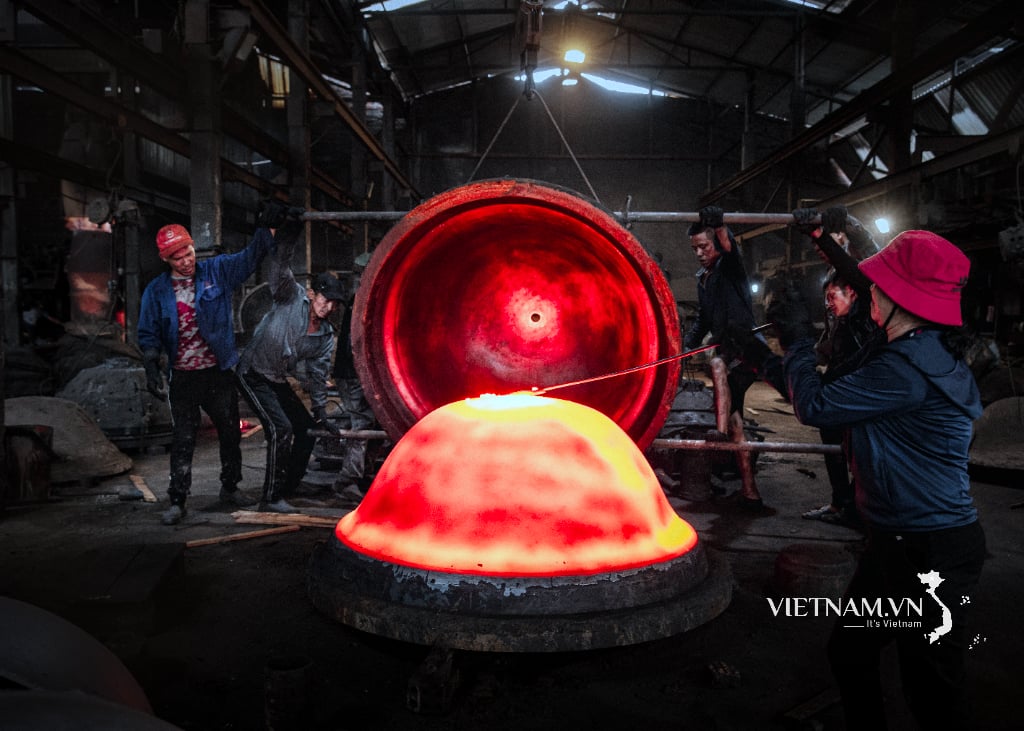

Comment (0)